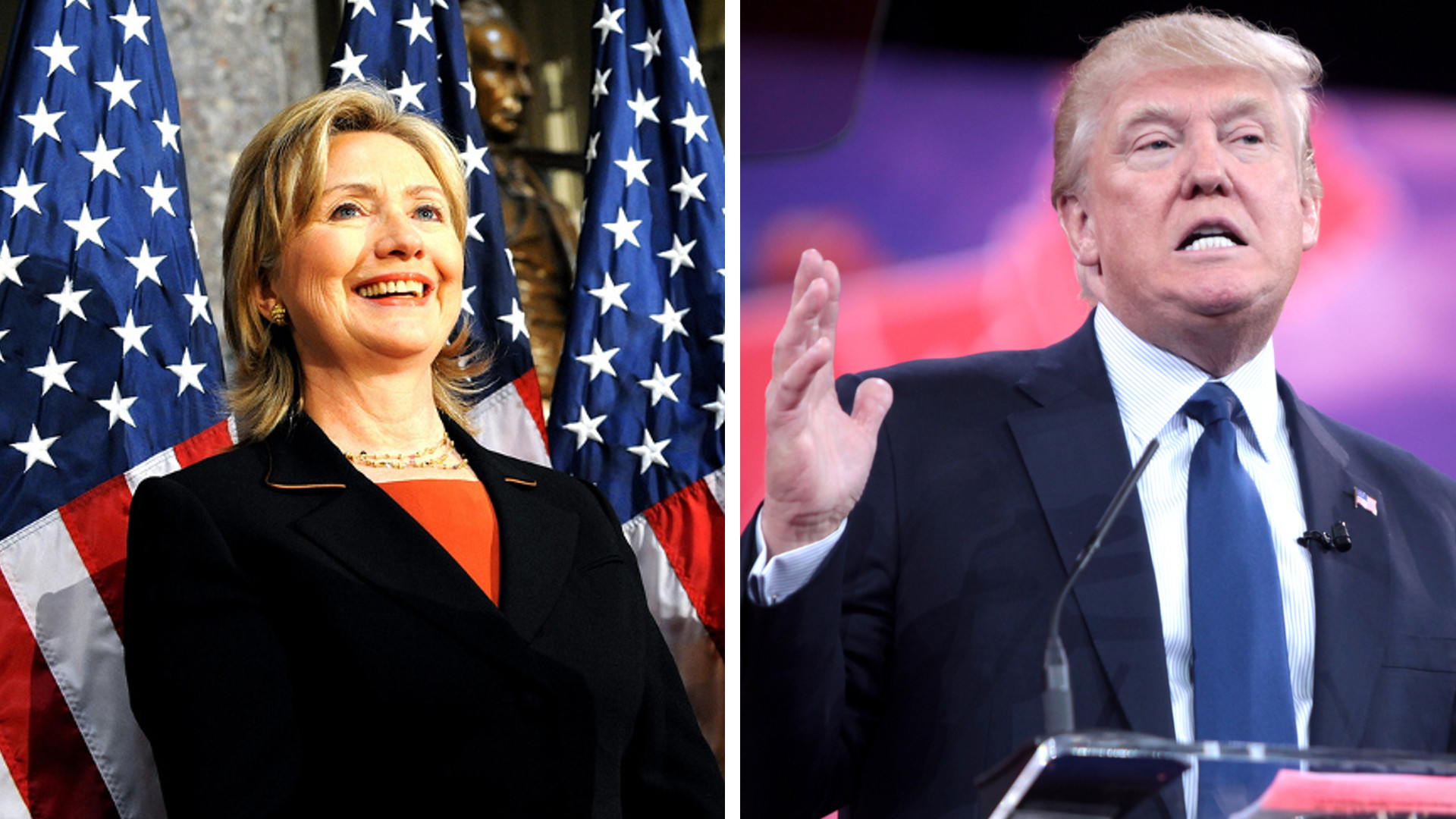
Russian hackers were able to access thousands of emails from a top-ranking Democrat after an aide typed the word “legitimate” instead of “illegitimate” by mistake, an investigation by the New York Times has found.
The revelation gives further credence to the CIA’s finding last week that the Kremlin deliberately intervened in the US presidential election to help Donald Trump. The president-elect has angrily denied the CIA’s assessment, calling it “ridiculous”.
In the run-up to the election, the US Democratic National Committee (DNC) received numerous phishing emails, the paper reported on Tuesday. One of them was also sent to John Podesta, the chairman of Hillary Clinton’s campaign. An aide, Charles Delavan, spotted the message sent to Podesta’s private account. It asked Podesta to change his password.
Delavan realised the email was a phishing attack and forwarded it to a computer technician. However, he made a typo, writing: “This is a legitimate email.” He added: “John needs to change his password immediately.”
The blunder gave Kremlin hackers access to about 60,000 emails in Podesta’s private Gmail account. According to US intelligence officials, Moscow then gave the email cache to WikiLeaks. The website released them in October, and the email scandal dominated the news cycle and was exploited by Trump.
The FBI had known for some time that Russia was making a wide-ranging and systematic attempt to hack US political institutions including the White House and the State Department, the paper reported. In September 2015 the FBI discovered that a cyber-espionage team linked to the Russian government had penetrated the DNC.
But instead of sending a top-level delegation and raising the alarm, the FBI got a single special agent to make a phone call. The agent, Adrian Hawkins, rang the DNC and was put through to the IT helpdesk. He told the tech-support contractor on duty, Yared Tamene, that a group called “the Dukes” had hacked the DNC’s computer networks.
According to the paper, Tamene thought Hawkins’s message might have been a prank call. He googled “Dukes” but found nothing. He then failed to alert senior staff after his cursory search of the DNC’s computer system logs revealed no obvious sign of an intrusion.
Hawkins rang back repeatedly over the next few weeks. Tamene, however, did not respond. “I did not return his calls, as I had nothing to report,” he wrote in a memo seen by the New York Times.
The FBI’s laid-back approach meant that Russian hackers were able to roam inside the DNC’s computer systems for almost seven months, before Democratic officials finally realised the gravity of the attack and brought in external cybersecurity experts.
In March 2016 a second Russian hacking group targeted the DNC. It sent hundreds of phishing emails, which began: “Someone just used your password to try to sign into your Google account.” One of the scam’s victims was Billy Rinehart, a former DNC regional field director, who clicked on the “change password” message while half asleep.
According to the New York Times, the Obama administration was slow to respond to the hacking threat, underestimated its seriousness and fluffed several opportunities to stop it. The resulting email furore damaged Clinton’s election prospects and helped Trump to victory, as the Kremlin had almost certainly intended.
After the data breach the DNC hired CrowdStrike, a cybersecurity company. It quickly established the hack had originated in Russia and identified two groups, Cozy Bear and Fancy Bear. Cozy Bear, linked to Russia’s FSB spy agency, had begun its phishing operation in summer 2015, the paper reported.
Fancy Bear joined the attacks in March 2016. The hacking group is linked to the GRU, Russian military intelligence. It was Fancy Bear that hacked Podesta’s email account, the paper said. The two Kremlin hacking groups were seemingly unaware of each other, sometimes stockpiling the same stolen documents.
Dmitri Alperovitch, CrowdStrike’s co-founder and chief technology officer, told the paper there was no doubt Russia was responsible. “There’s no plausible actor that has an interest in all those victims other than Russia,” he said. Additionally, the hacking groups were active at times matching Moscow’s timezone, he added.



Expositores: Oscar Vidarte (PUCP) Fernando González Vigil (Universidad del Pacífico) Inscripciones aquí. Leer más
Una retrospectiva para entender los próximos cuatro años. Leer más
En la conferencia se hará una presentación de los temas más relevantes del proceso de negociación se llevó a cabo desde el 2012, así como del acuerdo de paz firmado entre el Gobierno colombiano y la guerrilla de las FARC a finales del 2016. Se analizarán los desafíos y las... Leer más
El Observatorio de las Relaciones Peruano-Norteamericanas (ORPN) de la Universidad del Pacífico es un programa encargado de analizar y difundir información relevante sobre la situación política, económica y social de Estados Unidos y analizar, desde una perspectiva multidisciplinaria, su efecto en las relaciones bilaterales con el Perú.
© 2026 Universidad del Pacífico - Departamento Académico de Humanidades. Todos los derechos reservados.

